While non-fungible tokens have been around for years, buying and selling these blockchain-powered collectibles was relegated to cryptocurrency circles. But there was a noticeable shift in early 2021, when the market for music-related NFTs skyrocketed from $306,000 in sales during December 2020 to $26,756,243 in March 2021, according to tech newsletter Water & Music. The spike proved that what was once a niche, tech-savvy market became music’s next revolution — or at least a way for artists to make a quick buck as the pandemic stretched on.
Illmind Sells Samples and Beats as NFTs
Grammy-winning producer Illmind released the first-ever melody/sample loop pack as an NFT, opening a new practical use for the token in the music business. By purchasing this NFT, buyers could use the samples in their own work and release the resulting songs commercially with a royalty-free guarantee from Illmind.
Grimes Unveils Self-Made Digital Art

Courtesy of Grimes x Mac
Titled “WarNymph Collection, Vol. 1,” Grimes’ audiovisual NFT collection proved the value of creating highly personalized products. With sci-fi-inspired art and accompanying music, Grimes and her brother Mac Boucher created everything themselves — earning about $6 million in total sales.
3LAU Issues Tokenized Album
Electronic artist 3LAU was one of music’s earliest NFT proponents. When he opted to “mint” (to create and affix an item on the blockchain) a copy of his album Ultraviolet as an NFT for its third anniversary — which allowed its purchaser to redeem a custom song from the artist-producer, access unreleased music and receive a physical vinyl record — he fetched, at the time, the largest sum to date for a single NFT sale: $3.6 million.
Kings of Leon Sells NFT Album Copies
The NFT craze hit its fever pitch in March, reaching a sales height this new, volatile space has yet to surpass. For Kings of Leon, it proved to be the perfect time for an experimental release of its new album, When You See Yourself. The album was made available to purchase as an NFT for a set price of $50 for a limited time, offered with exclusives like limited-edition vinyl and digital art. The move incentivized fan engagement and album sales and became the first time fans could purchase an album on a blockchain the same day it arrived on streaming platforms.
Doggface’s NFT Clip Thwarted By Copyright Issues
Nathan “Doggface” Apodaca, the TikToker who went viral for skateboarding and drinking Ocean Spray cranberry juice to “Dreams” by Fleetwood Mac, hoped to cash in on his 2020 virality by minting the short video as an NFT in 2021. But his attempt revealed the thorniness of intellectual property in NFTs: Due to lack of copyright permissions, Doggface ultimately had to sell the NFT without the song “Dreams” playing in the background and with the Ocean Spray logo blurred out.
PleasrDAO Buys One-of-a-King Wu-Tang Clan Album

Ilja Meefout
PleasrDAO, a community of 74 crypto-savvy investors, purchased the mythologized Once Upon a Time in Shaolin, Wu-Tang Clan’s single-copy physical album. Previously owned by Martin Shkreli, the DAO said it bought Shaolin in part because it felt like a predecessor of the NFT ethos: manufactured scarcity and a value driven by hype. Along with the sale, which cost $4 million, the DAO minted the album as an NFT.
UMG Label Signs First Band of NFT Characters
UMG’s new label 10:22PM, which focuses on NFT-related trends, signed Kingship, a musical group of animated characters from Bored Ape Yacht Club. One of the most successful NFT projects to date, BAYC owners hold monetization rights, allowing them to license the likeness of their NFT character for things like T-shirts, mugs and even musical acts — the lattermost of which is exactly what BAYC holder j1mmy.eth did. By licensing four of his apes to be the face of a major-label band, Kingship builds upon a growing trend of virtual stars.
This story originally appeared in the Dec. 18, 2021, issue of Billboard.
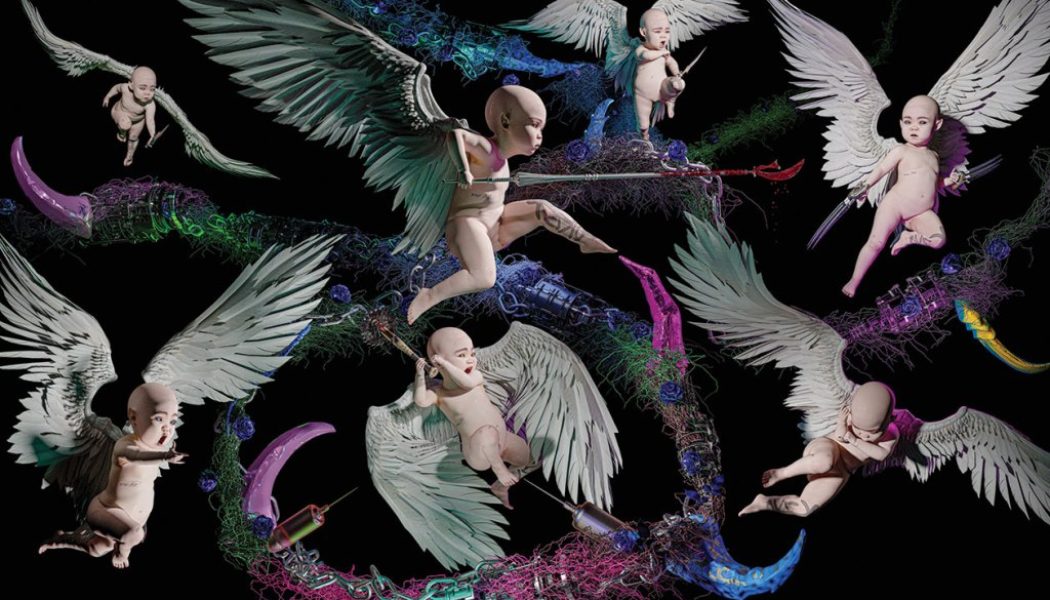
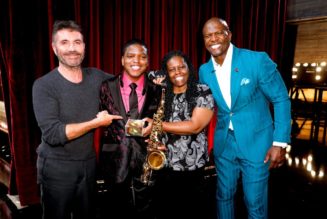
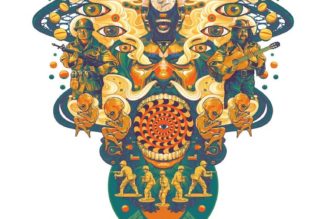
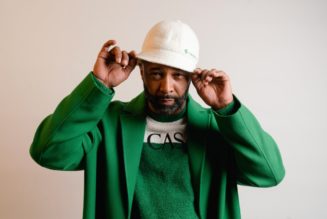

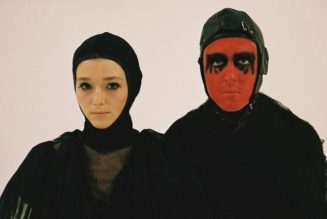
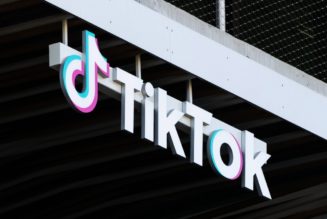

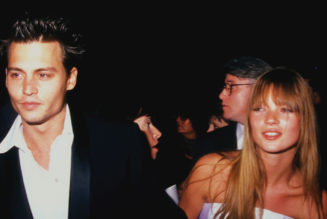

Tagged: business, entertainment blog, music blog, NFTs, Tech, Year in Review